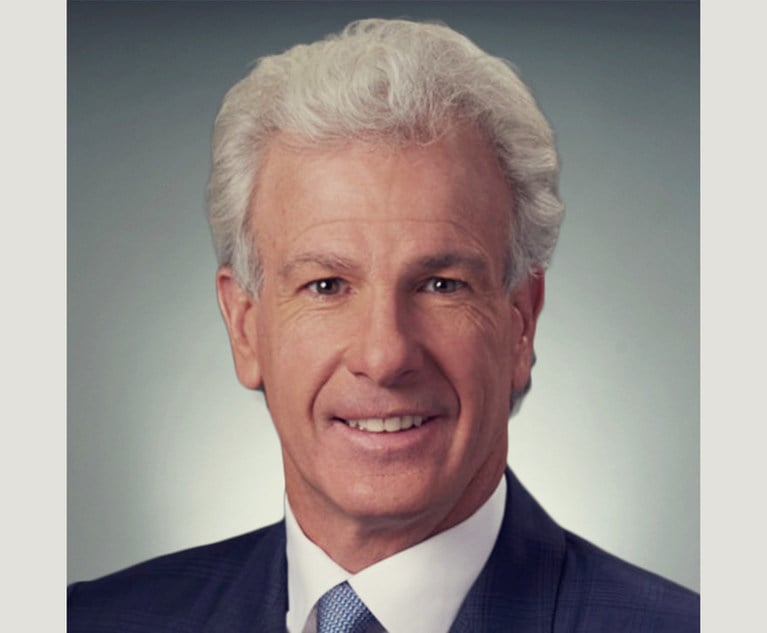The phone rings. “I was sexually abused.” Or, “My child was sexually abused.”
A hundred questions immediately flood into your attorney brain. Are the caller and story credible? How long ago did it happen? Are there witnesses? What records exist? Was the alleged perpetrator in a position of authority or trust? While these are important concerns, the more pressing issue is the emotional status of the person disclosing the information. This is a client who needs special handling. And you need special training in expertly talking with the client as well as how to collect and document information evidence from a sexual assault victim.
This content has been archived. It is available through our partners, LexisNexis® and Bloomberg Law.
To view this content, please continue to their sites.
Not a Lexis Subscriber?
Subscribe Now
Not a Bloomberg Law Subscriber?
Subscribe Now
LexisNexis® and Bloomberg Law are third party online distributors of the broad collection of current and archived versions of ALM's legal news publications. LexisNexis® and Bloomberg Law customers are able to access and use ALM's content, including content from the National Law Journal, The American Lawyer, Legaltech News, The New York Law Journal, and Corporate Counsel, as well as other sources of legal information.
For questions call 1-877-256-2472 or contact us at [email protected]


 Daniel Pollack, left, attorney and professor with Yeshiva University’s School of Social Work and Katie M. Shipp, right, partner with Marsh Law Firm. Courtesy Photos
Daniel Pollack, left, attorney and professor with Yeshiva University’s School of Social Work and Katie M. Shipp, right, partner with Marsh Law Firm. Courtesy Photos




